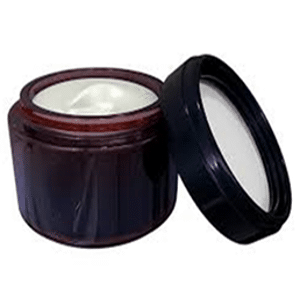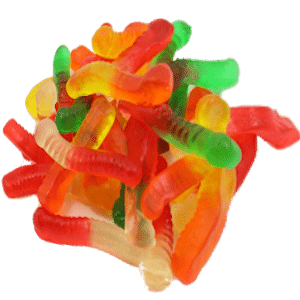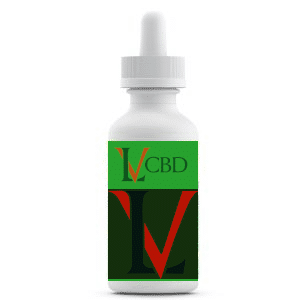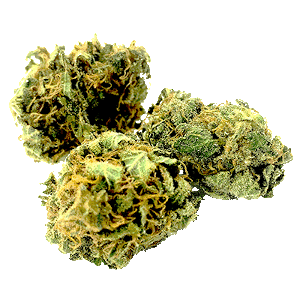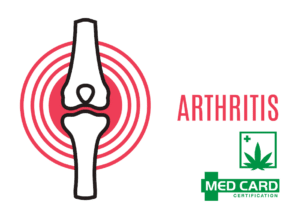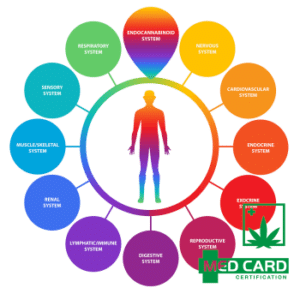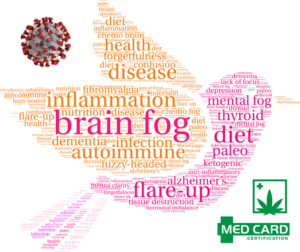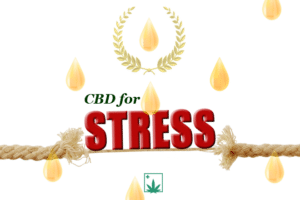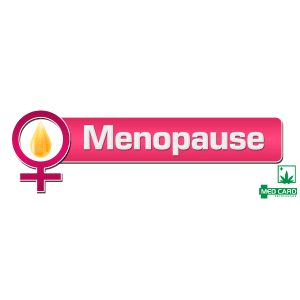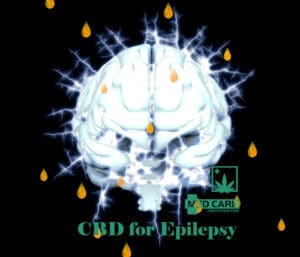
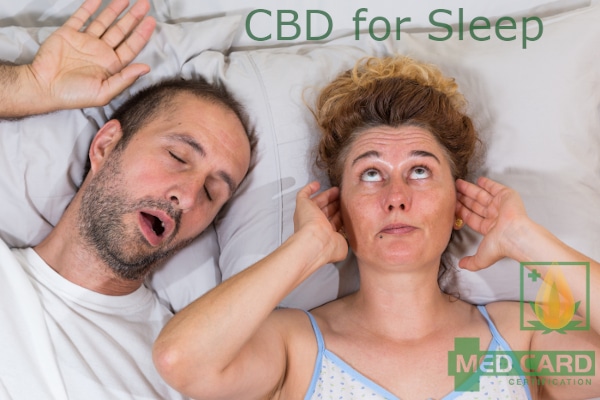
CBD Used to Treat Insomnia & Sleep Disorders
Can CBD help you sleep? Innumerable Americans with sleep disorders or who just plain have trouble sleeping due to stress are finding that CBD does, indeed, help them get a good night’s sleep.
Cannabidiol - CBD
CBD oil is gaining popularity in the alternative health field as a multi-faceted remedy for many health issues including sleep disorders.
Insomnia has become pervasive in the modern world, especially during these wildly uncertain times. When an individual suffers from ongoing sleeplessness, it is almost impossible to achieve the balance required for a healthy lifestyle. Over-the-counter and prescription medications often used to treat the condition come with a host of side-effects. Their use often causes a “hangover” effect and fatigue the following day.
Shockingly, according to statistics, thirty percent of American adults suffer from insomnia. This disorder is often linked to other ongoing health issues. It becomes a vicious cycle in which a lack of sleep contributes to the worsening of certain conditions and the deteriorating conditions result in chronic insomnia.
Cannabinoids may be the solution to breaking that cycle and stopping the downward spiral of sleeplessness. For many people suffering from sleeplessness, CBD products are proving to be safe and effective at promoting a good nights’ sleep, without the after-effects of traditional medications.
Many research studies are underway to determine the whether or not CBD might offer relief from chronic sleep disorders.
Let’s examine the cause and effect of sleeplessness and chronic insomnia, as well as the ongoing studies researching the efficacy and application of CBD as a viable remedy for this condition.
What Causes Insomnia and Other Sleep Disorders?
Anxiety, depression, and chronic pain are often the culprits behind insomnia. Another culprit is an imbalance in brain chemistry. Ironically, oftentimes the best remedy for those aforementioned issues is a good night’s sleep.
Normal sleep patterns are absolutely essential for mental and physical well being. Too little sleep and, paradoxically, too much sleep can increase the likelihood of acquiring life-threatening issues such as hypertension, heart disease, sleep apnea, obesity, and diabetes.
Studies have identified at least eighty four types of sleep disorders that include insomnia, sleep apnea, and restless leg syndrome, among others.
There are two distinct categories of sleep disorders — short term and long term. Both types of sleep disorders can be triggered by other underlying medical conditions such as asthma, pain, anxiety and depression, stress, environmental conditions, and alcohol consumption. Working shifts at odd hours, medications, stress, genetics, and aging may also be contributing factors in creating chronic sleep disorders.
How Does CBD Oil Help You Sleep?
CBD has been in use for centuries as a mood enhancer, analgesic, and sleep aid, mostly in the form of hemp oil.
Although the multiple medicinal benefits offered by CBD have only been researched for the past fifty years, the resulting data from these studies is extremely promising.
Cannabis produces a family of compounds known as cannabinoids. Cannabinoids are one of the most studied compounds in the world today. Research suggests that the non-intoxicating cannabinoid found in hemp, known as cannabidiol, aka CBD, may provide a natural and safe treatment option for a wide range of medical conditions — sleep disorders included.
Vast amounts of research have been dedicated to the study of cannabinoids and their ability to treat numerous medical issues, including chronic insomnia. CBD oil is shown to be effective in reducing pain, stress, and anxiety — all conditions known to exacerbate sleeplessness.
Researchers have discovered that the human body produces its own collection of cannabinoids, known as endocannabinoids, while cannabinoids derived from plants are known as phytocannabinoids.
Endocannabinoids are produced by the brain. They work in tandem with receptors found on the surface of cells throughout the human body. This collection of neurochemicals and receptors is known as the human endocannabinoid system, or ECS.
The ECS - Human endocannabinoid system
The ECS is responsible for the regulation of numerous physiological processes including mood, appetite, cognitive functions, and pain perception, as well as sleep cycles.
Phytocannabinoids seem to have the ability to mimic the effects of our own naturally produced cannabinoids to some extent. Research indicates CBD’s innate ability to interact with various brain chemicals, proteins, and receptors. This ability affects positive changes in hormones and immune cells in the brain and body, and seemingly alters the behavior of a variety of receptor types found in the body.
Delta-9 tetrahydrocannabinol, aka THC (the intoxicating cannabinoids found in marijuana) and CBD are the most abundant phytocannabinoids derived from cannabis.
Both THC and CBD have long been touted for their medicinal properties. However, THC has an intoxicating effect and has been shown to contribute to conditions such as anxiety and short-term memory loss. As we mentioned, CBD is non-intoxicating. It is even thought to reduce short-term memory loss and anxiety often caused by THC.
Scientists have made great progress in recent years in understanding how CBD induces calming, pain-reducing, anti-inflammatory effects in the body. Interestingly, studies are showing CBD’s potential in not only alleviating insomnia but also in the mitigation of daytime drowsiness. Research shows that CBD products, in smaller doses, may increase wakefulness, however, in larger quantities, CBD is known to have a sedative effect.
In a review of existing publications regarding cannabinoids and sleep disorders entitled “Cannabidiol in Humans,” published in the journal Current Psychiatry, researchers claimed that: “Medium- and high-dose CBD is sedating, and has been examined in the context of a number of sleep disorders including insomnia. Initial basic research has suggested that medium-/high-dose CBD is associated with an increase in the percentage of total sleep.”
The authors reference a clinical study, showing the correlation between higher doses of CBD and better sleep patterns. Individuals participating in the study who were administered 160 mg/day of CBD reported fewer sleep disturbances and increased sleep overall. However, data from another study utilizing smaller amounts of CBD showed participants experiencing more energy and wakefulness.
The National Center for PTSD-Dissemination and Training also recently published some encouraging data that suggests CBD might reduce daytime drowsiness and improve REM sleep. The report, entitled, “Cannabis, Cannabinoids, and Sleep: a review of the literature,” concluded that “CBD may have therapeutic potential for the treatment of insomnia.”
Another report titled, “Endocannabinoid signaling Regulates Sleep Stability,” published in the journal PLoS One, reported on the data gathered from multiple experiments performed on mice. The report sheds light on the reason CBD is an effective sleep medication, and how it regulates the ECS. The authors of the study unanimously concluded that ECS regulation “is both necessary and sufficient to promote long (stable) bouts of NREM sleep.”
Which CBD Products Are Used For Sleep?
Finding the best delivery system and dosage for CBD products can be challenging. Each individual has particular issues and will need to tailor their delivery method accordingly. While some methods tend to be more convenient than others, they might not be the most effective.
Certain products work quickly, while others may have a very slow onset time. That being said, it’s a good idea to use a method that can be easily measured and monitored when dealing with a sleep disorder.
Here are some options:
Edibles
Edible cannabis products are very slow-acting, as they require time for digestion. While beverages and candies such as CBD gummies can take up to 30 minutes to begin to take effect, baked goods can take much longer. It’s also important to note that only about a quarter of the CBD in baked edibles is metabolized by the body.
Capsules and Tinctures
Capsules are highly recommended for sleep disorders. As with gummies, capsules dissolve quickly and thus are faster acting than baked goods. However, they can still take up to 30 minutes or more to kick in. Tinctures offer a faster onset time than capsules as the CBD is absorbed into the blood vessels in the lining of the mouth.
Vaping
Vaping offers the fastest onset time. However, determining the ideal dosage takes practice. Moreover, many health officials are now saying that vaping can cause damage to the delicate tissues of the lungs.
It’s a good idea to consider all options and speak with a medical cannabis professional to determine the optimal method for one’s needs.
CBD dosage for sleep disorders
The ideal dosage will vary from person to person. Some medical marijuana experts recommend 100 to 200 mg one-half hour before bedtime. However, taking too much CBD can cause unwanted effects. Therefore it’s a good idea to start with small amounts of CBD — between 5-25 depending on your size and weight — then work your way up to an effective dosage.
Finally, always consult a qualified medical professional before you begin any dietary supplement regimen intended to treat a medical condition.
Sources and additional reading
- Sleep Med. Sleep Statistics
- Sleep and Sleep Disorders
- Sleep and Sleep Disorder Statistics
- Causes of Sleep Problems
- Endocannabinoid signaling Regulates Sleep Stability
- Cannabis, Cannabinoids, and Sleep: a review of the literature
- Cannabidiol in humans – The Quest for Therapeutic Targets
- Effectiveness of cannabidiol oil For Pediatric Anxiety and Insomnia as part of Post Traumatic Stress Disorder: A Case Report



